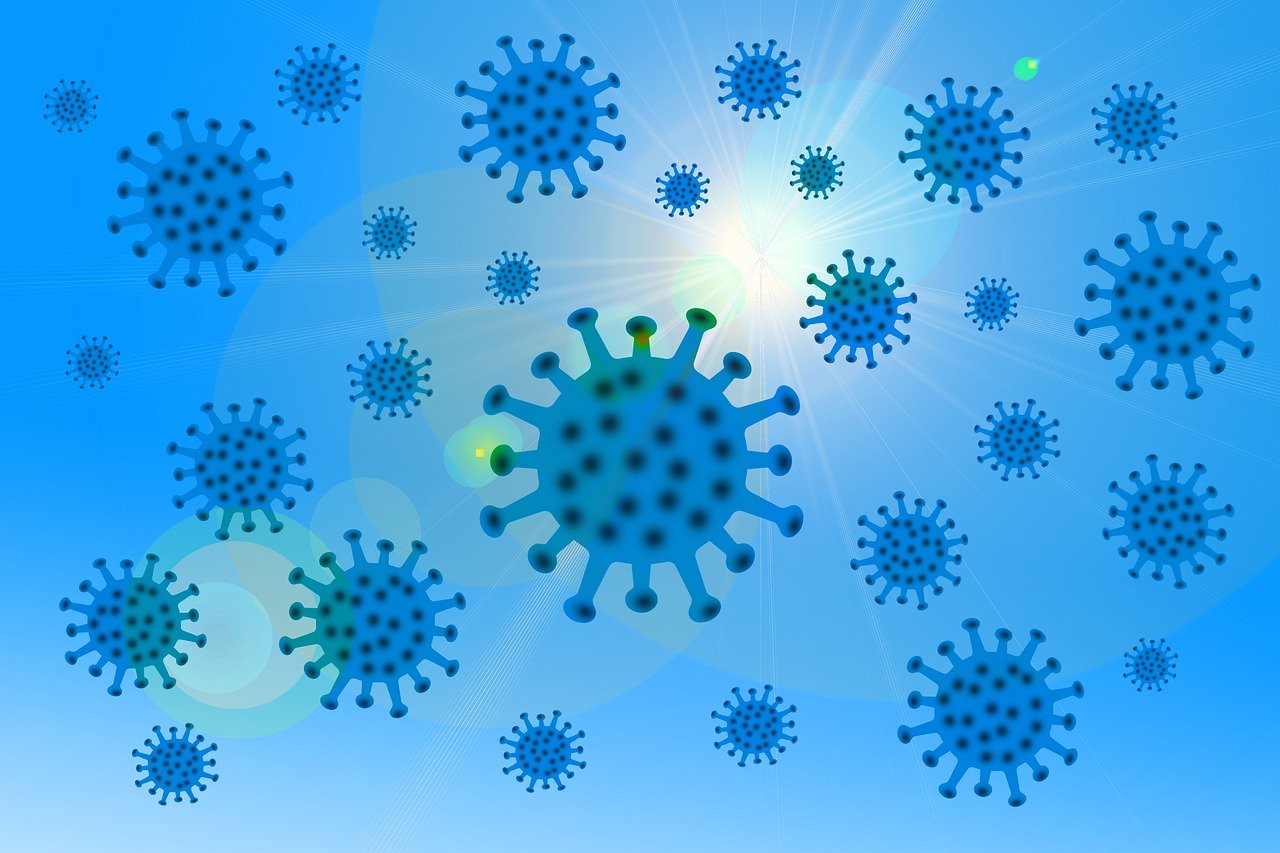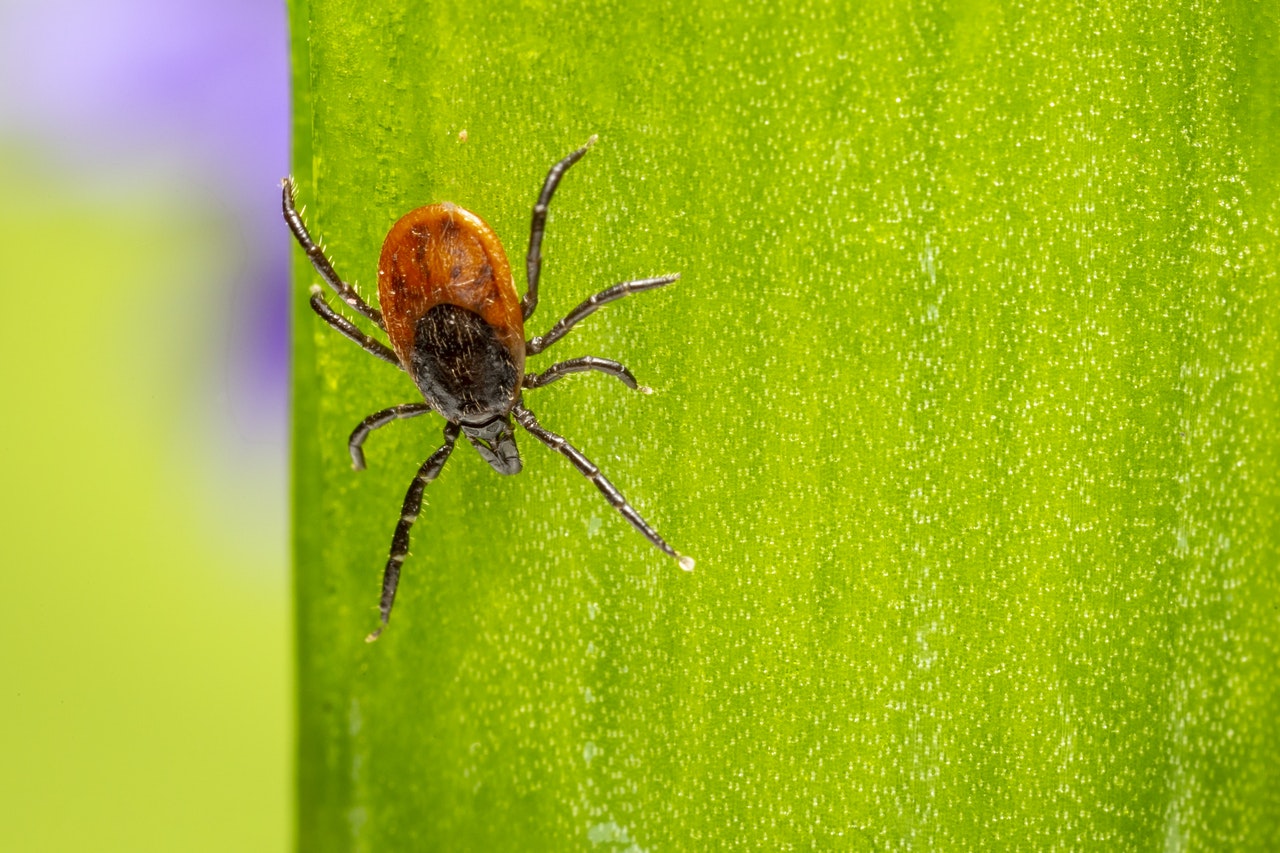Have you experienced a loss of taste? If yes you may have coronavirus and here’s why, the virus particles have the ability to infect our mouths and the cells that operate there, this could also be why the virus is spread to the rest of the body as well as other people, according to a body of work on a preliminary study. This suggests our mouths may be susceptible to coronavirus.
The preprint of the new study can be accessed at medRxiv. In the study researchers forecasted which tissues in our mouths may be susceptible to coronavirus. Therefore the researchers on the study researched the genetic material of cells that could tell cells what to build. They researched each type of cell in the mouth and it’s Rna.
Through rigorous research, they discovered that among all tissues in the oral cavity, salivary gland cells, tonsil, and tongue cells usually carry the type of RNA that is required by the coronavirus to infect cells. What this means is that these cells have receptors that the virus can connect to and thus enable easy fusion into the membrane of the person it is trying to infect.
Also Read: FDA Issues a Warning to Five Companies for Running an Illegal Dietary Supplements Business
The virus then finds it relatively easy to infect the rest of the person’s body.
After sampling saliva from the patients that are currently suffering from the coronavirus, researchers discovered that because mouth cells slip into our spit, they believed they might be able to identify cells that were infected in the samples they took. If the virus was found in a greater quantity, it was highly likely that the patient in question was experiencing a loss of both smell and taste.
Even though some saliva samples came from people that were asymptomatic sufferers of the virus, they also had in their mouth cells that were relatively infected. Examining mouth tissue from a deceased coronavirus patient, researchers discovered even more evidence to suggest they too had infected cells in the regions they had previously ranked as vulnerable.
Dr. Kevin Byrd is a research scholar at the American Dental Association. He says the study only goes to show that the path for infection is indeed the mouth and it is also simultaneously the region that manages the incubation period for the novel virus.
Also Read: Trump Blames COVID-19 Cases in the United States for Bad Election Campaigns Results
He explains that in theory, the coronavirus strain that infects the mouth can cause various changes in the production of saliva in our mouths as well as the quality of that saliva. This according to Byrd can lead to symptoms associated with a loss of taste. Only research in the future may be able to tell how these infected cells play a role in the transmission of the virus between the members of a population.
The researchers have however contributed to the making of a very helpful tool that will aid future studies for mouth infections easier. They created a collection of data on the various cells in the mouth, this helps show a map of which and what cell contains an RNA. This atlas of mouth cell data will help researchers analyze and understand the types of cells humans have in their mouths and what part they play in infections.


